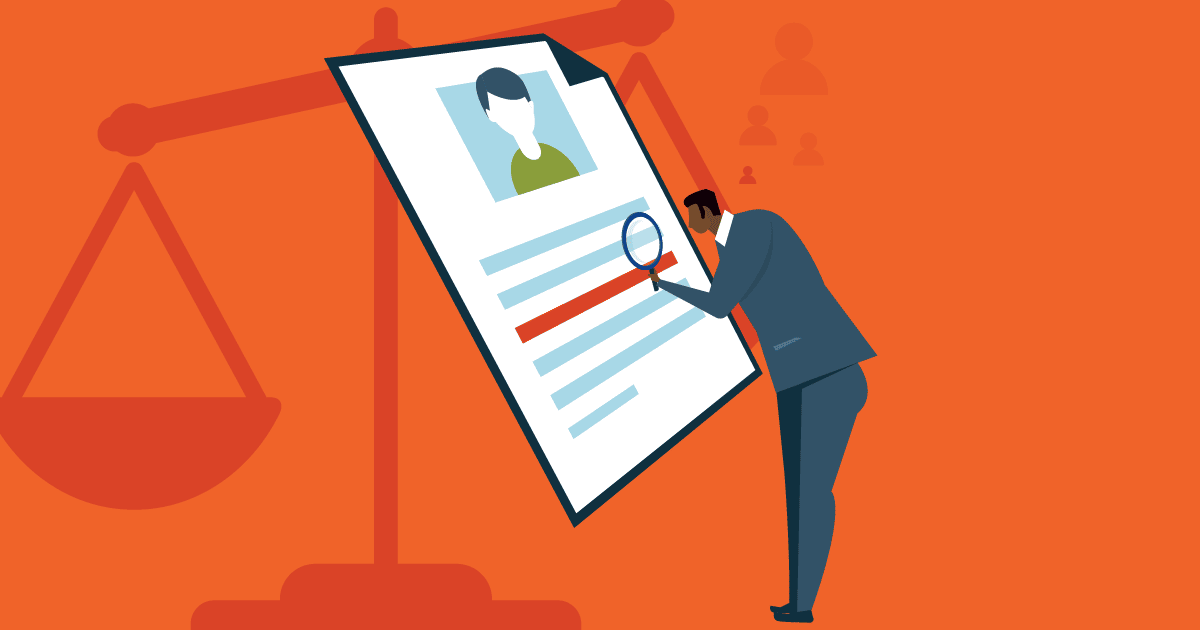A drunk driving felony charge can flip your world upside down in a matter of moments. One mistake—one bad decision to drive while intoxicated—can lead to a lifetime of consequences. You might think it’s just another traffic violation or something you can handle with a fine, but when the charge crosses the line into felony territory, everything changes. Jobs, housing, reputation, finances, and even relationships are on the line.
In this detailed guide, we’re going to unpack exactly what a drunk driving felony means, how it differs from a misdemeanor DUI, and what legal consequences follow. We’ll also dive into the steps you can take to avoid such a charge—and what to do if you’re already facing one. Through real-life examples, a conversational tone, and a strategic breakdown, you’ll walk away with not just knowledge, but clarity and actionable insight.

What Is a Drunk Driving Felony?
Let’s start with the basics: What exactly is a drunk driving felony? In most states, driving under the influence (DUI) or driving while intoxicated (DWI) starts as a misdemeanor for a first offense. However, under certain conditions, that same charge can be upgraded to a felony. When that happens, the stakes are much higher.
Here’s when a DUI or DWI becomes a felony:
- You have multiple prior DUI/DWI convictions
- Someone was seriously injured or killed in a crash you caused
- You had a minor in the vehicle while intoxicated
- You were driving on a suspended or revoked license due to a prior DUI
- Your blood alcohol content (BAC) was extremely high (in some jurisdictions)
A drunk driving felony isn’t about whether you were “buzzed” or “a little over the limit.” It’s about how your impaired driving posed a greater risk—or resulted in serious harm.
Real-Life Example: The Wake-Up Call That Changed Marcus’s Life
Marcus, a 34-year-old sales manager in Phoenix, had two previous DUIs—one in his twenties, another at age 30. He thought he had everything under control. He told himself, “It’s just a couple of drinks after work. I know my limit.” One night, after leaving a holiday party, he ran a red light and struck another car. The driver survived but sustained major injuries.
Marcus was arrested and charged with a drunk driving felony due to his prior convictions and the injury involved. This wasn’t a matter of paying a fine and moving on. He faced years in prison, the loss of his professional license, and the collapse of his financial stability.
Today, Marcus speaks at DUI awareness programs, telling others how quickly your life can unravel—and how avoiding that decision to drive could’ve saved him from the pain he caused and the years he lost.
How a Drunk Driving Felony Differs from a Misdemeanor DUI
The difference between a misdemeanor DUI and a drunk driving felony isn’t just about jail time—it’s about how deeply the consequences affect every aspect of your life.
Jail vs. Prison
A misdemeanor may involve up to a year in jail. A felony DUI often carries state prison time, sometimes five years or more.
Criminal Record
Misdemeanors usually show up on background checks but can sometimes be sealed or expunged. A felony? That’s a lifelong mark unless you’re eligible for a rare expungement.
Loss of Rights
Convicted felons lose several civil rights—such as voting, owning firearms, and, in some professions, the right to practice (e.g., real estate, law, nursing).
Employment Barriers
Many employers won’t hire individuals with felony records, especially when the charge involves impaired judgment and public safety risks.
Understanding this shift in consequence is critical. It’s the difference between a second chance and a permanent record.

Legal Consequences of a Drunk Driving Felony
So what exactly happens when you’re convicted of a drunk driving felony? The consequences vary by state but often include the following:
1. Extended Prison Sentences
Felony DUI sentences typically range from 1 to 10 years, depending on severity. If injury or death is involved, mandatory minimums may apply.
2. Felony Probation
Even if you avoid prison time, you may be placed on felony probation, which includes:
- Regular check-ins with a probation officer
- Random drug and alcohol testing
- Travel restrictions
- Mandatory treatment programs
Violating probation terms can land you back in court—or worse, in prison.
3. Hefty Fines and Fees
Expect fines anywhere from $2,000 to over $10,000, plus court costs, restitution for victims, and fees for mandatory DUI programs.
4. Ignition Interlock Devices
Courts often require installation of these devices in your vehicle. You’ll need to blow into them to start your car. You also foot the bill.
5. License Revocation
A drunk driving felony can lead to permanent or multi-year revocation of your license. Reinstating it often requires legal hearings,SR-22 insurance, and long wait times.
6. Collateral Damage
- Loss of professional licenses (nursing, real estate, law)
- Immigration issues (possible deportation or denial of citizenship)
- Child custody challenges
- Damage to your public reputation

States with the Harshest Felony DUI Laws
While DUI laws exist in all 50 states, some states take a more aggressive approach when it comes to felony charges. If you’re in one of these states, a drunk driving felony conviction can be even more devastating:
Arizona
Known for some of the toughest DUI laws, Arizona will charge Aggravated DUI as a felony for a third offense within 7 years, or if driving on a suspended license.
Texas
A third DWI offense in Texas is a 3rd-degree felony, which means 2–10 years in prison and a $10,000 fine.
California
In California, a DUI becomes a felony if it’s your fourth offense, or if your actions caused injury or death. Sentence enhancements apply quickly.
Florida
Florida imposes a felony DUI if it results in serious bodily harm or if you’ve had two prior convictions. The state also enhances penalties based on high BAC levels.
Knowing your state’s laws is crucial if you’re worried about how a prior DUI might escalate into a drunk driving felony.
Can You Reduce a Felony DUI to a Misdemeanor?
Yes—but it’s rare, and it depends heavily on the circumstances and your legal representation. In some states, you may be able to argue for a charge reduction if:
- No one was injured
- Your BAC was borderline
- It was your first offense, but aggravating factors applied
- Your rights were violated during the arrest (illegal stop, testing issues)
A seasoned DUI defense attorney may file motions to reduce the charge, suppress evidence, or negotiate alternative sentencing. This is where your future can turn on the skill of your legal team.
Real-Life Story: Jenna’s Second Chance Through a Plea Deal
Jenna, a 29-year-old teacher in Colorado, faced a felony DUI after a crash in which no one was hurt. Her BAC was just over the legal limit, but this was her third offense in eight years.
With a skilled attorney, she was able to argue that the circumstances didn’t justify a felony charge. She accepted a plea bargain for a high-level misdemeanor, underwent 18 months of treatment, and kept her teaching license.
Jenna’s story shows that while the system is tough, it isn’t always inflexible. With proper legal support and a willingness to change, redemption is possible.
How to Avoid a Drunk Driving Felony
Here’s the part where you take control. Whether you’ve had a prior DUI or just want to stay safe, there are real strategies to avoid ever facing a drunk driving felony charge.
1. Don’t Drive After Drinking—Period
This may sound obvious, but far too many people underestimate their level of impairment. Use a rideshare app, call a friend, or stay where you are.
2. Understand the BAC Thresholds
Know your limits. In most states, a BAC of 0.08% or higher is illegal, but you can be charged with lower levels if impairment is observed. Some states impose lower thresholds for commercial drivers and those under 21.
3. Learn from the First Mistake
If you’ve had a prior DUI, take it seriously. Complete all requirements, avoid repeat behavior, and steer clear of risky situations.
4. Avoid Driving on a Suspended License
This alone can turn a misdemeanor DUI into a felony. Always check your license status if you’ve been in legal trouble recently.
5. Keep a Breathalyzer Handy
Portable breathalyzers aren’t always court-admissible, but they’re useful for personal awareness. They offer insight into how alcohol affects you and when you’re legally at risk.
Seeking Help Before It’s Too Late
If you struggle with alcohol or substance use, facing the possibility of a drunk driving felony might be your wake-up call. Seeking help proactively can not only save your life—but also protect others and your legal future.
Look into:
- Outpatient or inpatient rehab
- Counseling or 12-step programs
- Support groups like AA or Smart Recovery
- Mental health evaluations

Judges and prosecutors look more favorably on individuals who demonstrate accountability and a desire to change. Taking the first step can be the most powerful form of damage control.
Final Thoughts: You’re Not Doomed—But You Must Act Fast
A drunk driving felony is not just a legal term—it’s a life-altering charge that can follow you for years, if not decades. It affects your freedom, career, and relationships. But knowing your rights, understanding the legal system, and taking decisive steps early can help you turn things around.
Whether you’re hoping to avoid that third offense, fighting a pending charge, or helping someone you love through the process, information is your best defense.
The bottom line? Don’t wait until it’s too late. Know the consequences, take responsibility, and choose a smarter path—before a drunk driving felony becomes part of your story.


